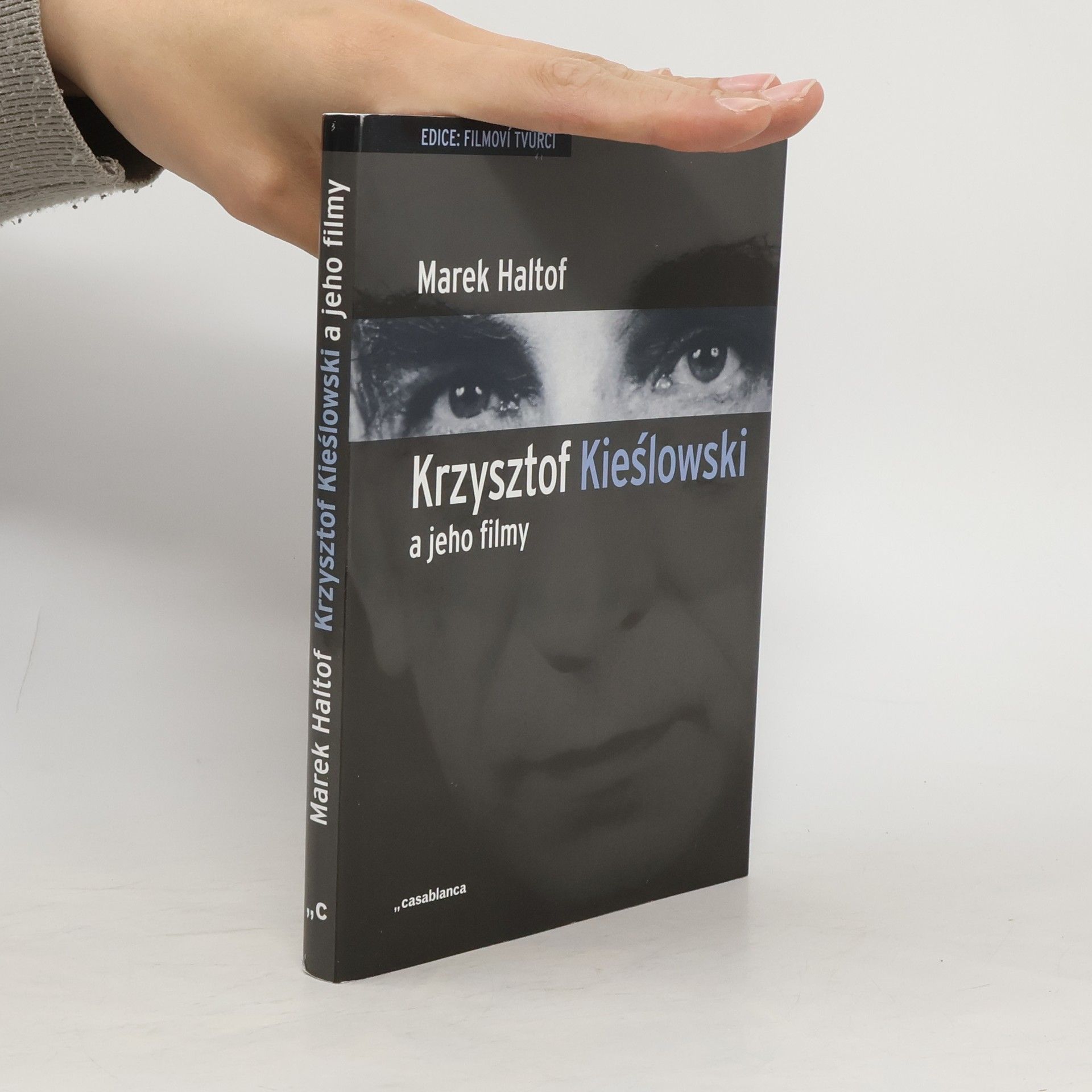Since his death in 1996, Krzysztof Kieslowski has remained the best-known contemporary Polish filmmaker and one of the most popular and respected European directors, internationally renowned for his ambitious Decalogue and Three Colors trilogy.In this new addition to the Directors'Cuts series, Marek Haltof provides a comprehensive study of Kieslowski's cinema, discussing industrial practices in Poland and stressing that the director did not fit the traditional image of a "great" East-Central European auteur. He draws a fascinating portrait of the stridently independent director's work, noting that Kieslowski was not afraid to express unpopular views in film or in life. Haltof also shows how the director's work remains unique in the context of Polish documentary and narrative cinema.
Marek Haltof Boeken



Krzysztof Kieślowski a jeho filmy
- 230bladzijden
- 9 uur lezen
Studie polského filmového publicisty se pokouší o syntetický obraz tvorby jednoho z velkých polských filmových autorů 2. poloviny 20. století od jeho raných dokumentárních a studentských filmů až k jeho pozdějším hraným snímkům. Autor zasazuje Kieślowkého tvorbu nejen do historického kontextu Polska 60. - 70. let a zdejší výrobní praxe, ale i do kontextu evropského filmu té doby. Autor připsal pro české vydání předmluvu a doplnil text o novou kapitolu.